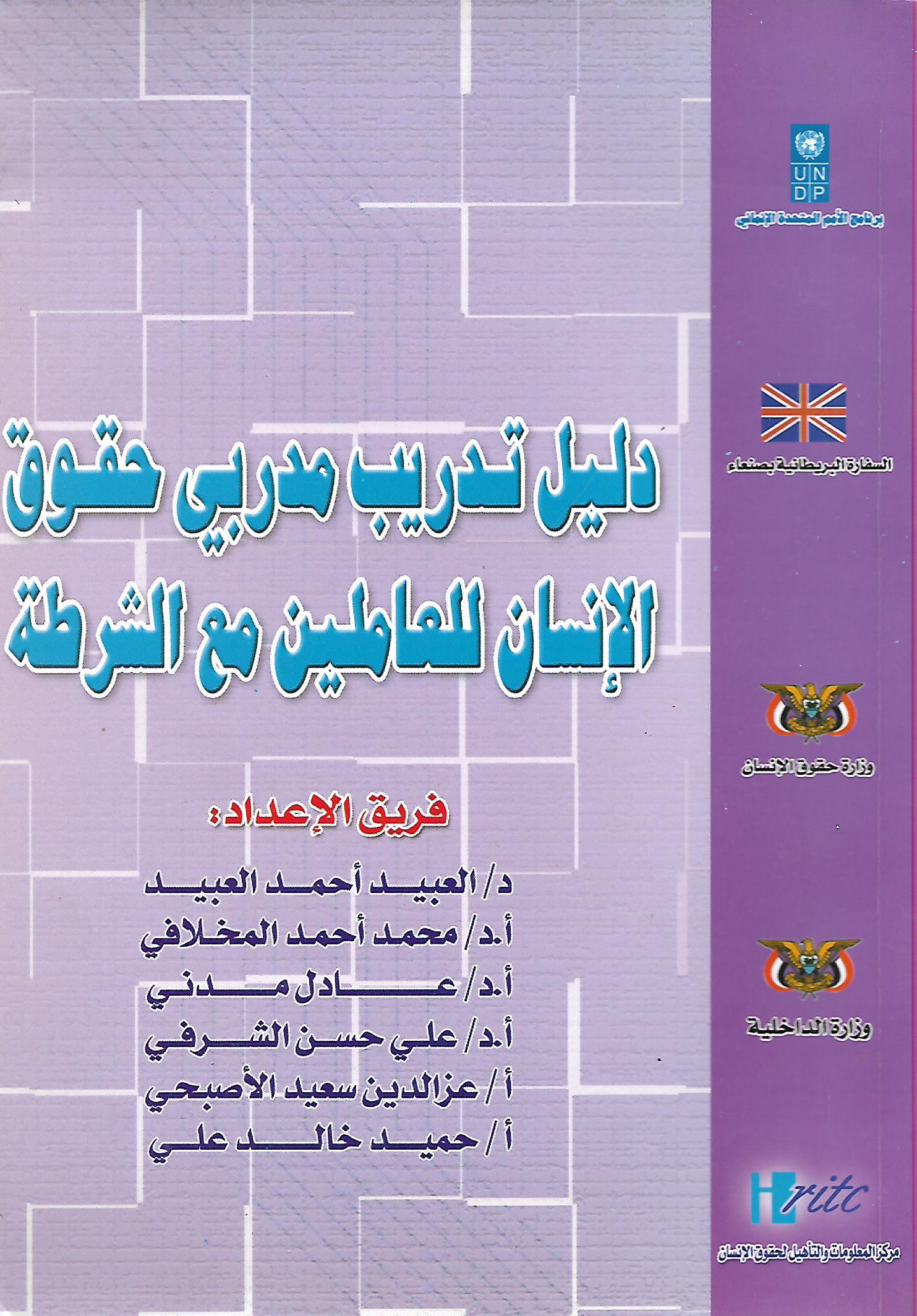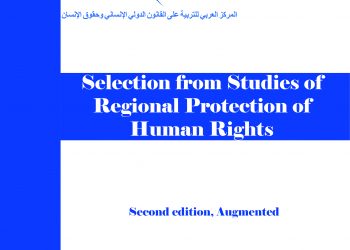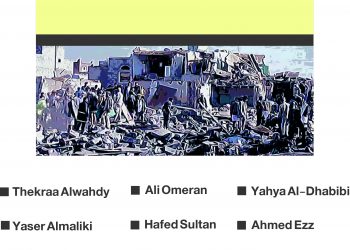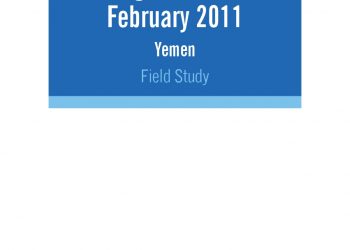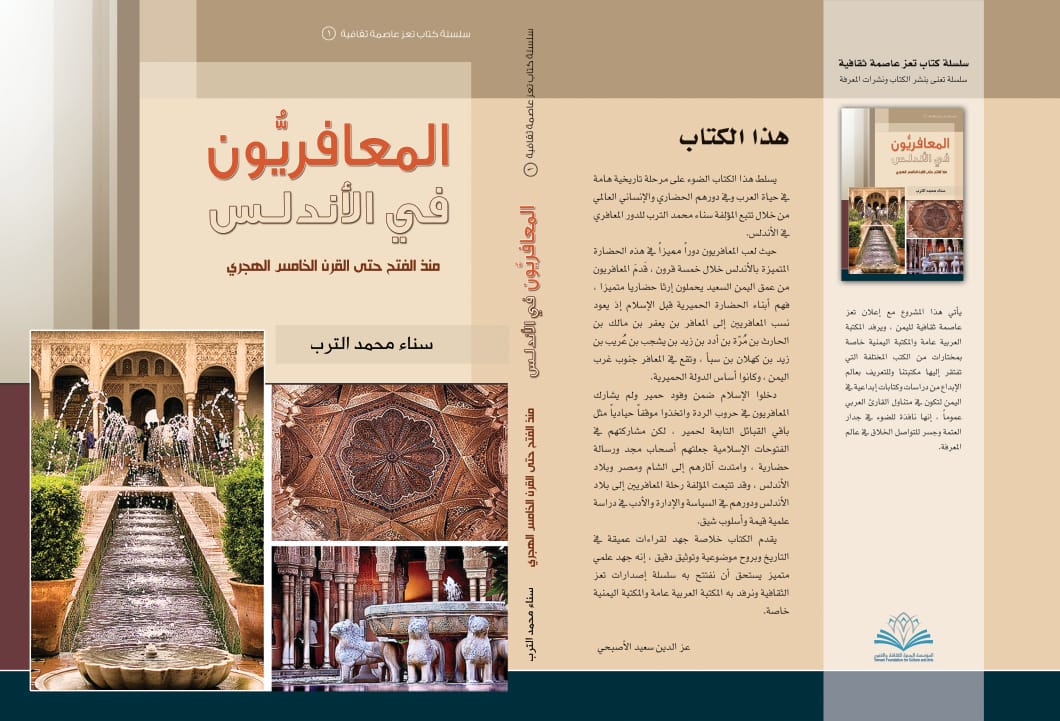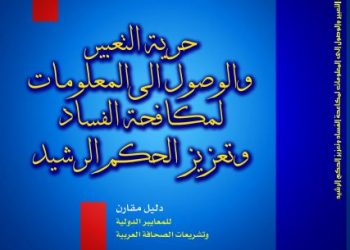This guide was an important positive addition in the field of training, as it provides benefit from the various training programs that were provided in more than one field, and from many training manuals that were used and provided by various bodies and organizations such as the United Nations and the International Criminal Reform Organization, among others.
The training team also worked for a distinguished group of experts and legal experts. The observations of the participants in the practical training of police, legal and legal officers in Yemen were of great importance, as they helped us in reviewing the guide in various stages.
Where we continued to present the ideas of the guide and his project with every training meeting to benefit from field notes and from trainers working in the field and realize the importance of a theoretical guide in the hands of the trainer and the trainee in order to contribute effectively in spreading awareness and serious training for the beneficiaries.
That is why this guide is divided into two main parts:
part One:
The sections on the principles of training the trainers include the characteristics of an effective trainer, preparing for training, offering training, planning a training course, then evaluating the training.
It is the basic part that any trainer needs while attending a trainers’ training course, and basic information on coaching.
The second part:
It is practical training sessions in the field of human rights for the police, in which the United Nations training manuals were used as an evolving product at the international level and the results of various global experiences, while adding to that the local standards of the Yemeni laws to be effective training sessions, and well-prepared to be able to provide any trainer working in this field.
Preparation Team:
Dr Alobied Ahmed Alobied
Prof. Mohammed Ahmed Al-Mikhlafi
Prof. Adel Medani
Prof. Ali Hassan Al-Sharafi
Mr Ezzeddin Saeed Al-Asbahi
Mr. Hamid Khalid Ali



